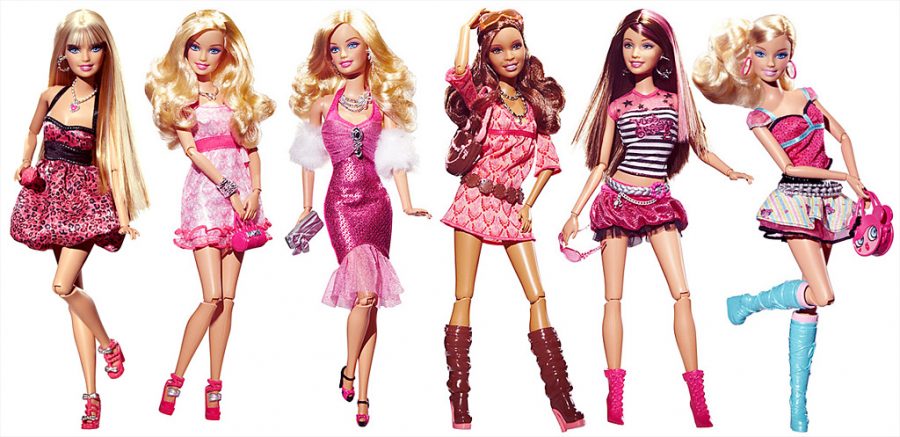The infamous Barbie doll is being revamped in a whole new way. Mattel, the company responsible for the creation of the toy, has decided to offer Barbie in three new body shapes: petite, tall and curvy. The decision to alter the typical body type of Barbie has caused waves of support and discomfort alike. CNN reported that while many parents are excited about the unveiling of the different body types, some individuals believe that Mattel only made this transition in order to stay in tune with the fad of acceptance of all body types, since for many years prior very skinny was what was “in”.
People have argued that not only is Mattel jumping on this bandwagon a little too late, but that the shape of the infamous Barbie shouldn’t be this much of a conversation piece. Kirstie Alley, an actress and spokeswoman for the nutrition company Jenny Craig, took to Twitter to explain her disapproval of toys being mistaken for role models. Similarly, VH1 writer and reporter, Taylor Ferber, explained that as a child she never desired to look like Barbie because it was just a toy and toys aren’t real.

Despite Alley and Ferber’s thoughts, research has shown that at a young age children can be heavily influenced by ideals that the toys around them instill. It appears that although some people were never fazed by the blonde, thin, and generally unattainable appearance of the “original” Barbie, it has the potential to harm the mindset of other children that don’t feel represented. In addition to the three different body shapes, the new Barbie dolls will also include seven skin tones. Experts have determined that young girls often “learn what it means to be a girl through the toys that they have.” Therefore, Mattel offering a Barbie with alternate body shapes and skin tones can communicate a more inclusive message to the impressionable children that play with them.
Conversation surrounding the new Barbie may seem pointless and outdated, since other doll brands have taken similar measures in providing toys with societal inclusivity. Christia Spears Brown, a professor of psychology at the University of Kentucky, shared in the CNN report that she believes, “That’s the message kids need to see, that people come in a range of sizes.” She implied that this variety needs to be heavily enforced and seen not only with a few brands, but within all of them. USA Today reported that the new Barbie dolls will be available for purchase online starting this week, and they will be available in stores across the country starting March 1 of this year. In addition to this, USA Today reported that 33 new Barbies will be introduced by the end of 2016.
Feature Image: Charles R Photo, Courtesy of Flickr URL







































































































